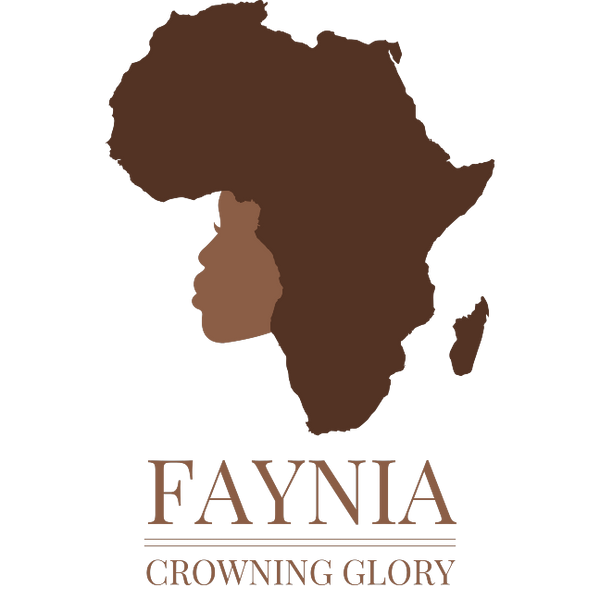


One of the most insidious remnants of slavery is the pervasive myth of "good hair" versus "bad hair" that still plagues Black communities today. This disturbing dichotomy materialized directly from the racist ideology and sexual violence that dehumanized enslaved Africans.
Women of mixed white and Black ancestry, often bore of rape by enslavers, frequently had longer, wavier hair textures noted in slave narratives. This "good hair" - perceived as straight, long and finer - was upheld as the beauty ideal. In contrast, the coily, kinky textures ancestrally rooted in Africa were maligned as "bad hair."
The denigration of authentic Black features was so insidious, some enslaved people internalized it through revisionist folklore. A 75-year-old formerly enslaved woman named Charity Moore learned from her father a Genesis retelling where Adam was cursed by God with his "worrisome" kinky hair until eating the forbidden fruit turned him white with Eve's coveted straight locks.
This quest to conform to Eurocentric beauty standards arose from systematic dehumanization. During domestic slave trading, enslavers prioritized selling enslaved people with a healthier, more "presentable" appearance. Those in household roles, especially mixed-race women, faced pressure to keep their hair tidy. Enslaved women resorted to scorching heat and toxic products like kerosene to force their fragile strands into submission.
But hair also symbolized resistance and pride for the enslaved. Some carefully groomed for church and special occasions like weddings. When enslaved women were punished by having their hair shornagainst their will, it was an assertion of control over their identity and humanity.
Even forms of spiritual expression like hoodoo rootwork became acts of defiance, incorporating hair into rituals and talismans. Unverified accounts suggest some enslaved people even braided maps into their hair to aid escapes.
From slavery's horrors was born the "good hair" myth that still causes immense pain and self-hatred in Black communities today. But the resilience of our ancestors who sacredly adorned their crowns despite oppression reveals how deeply hair is twinned with Black dignity, identity and freedom.
